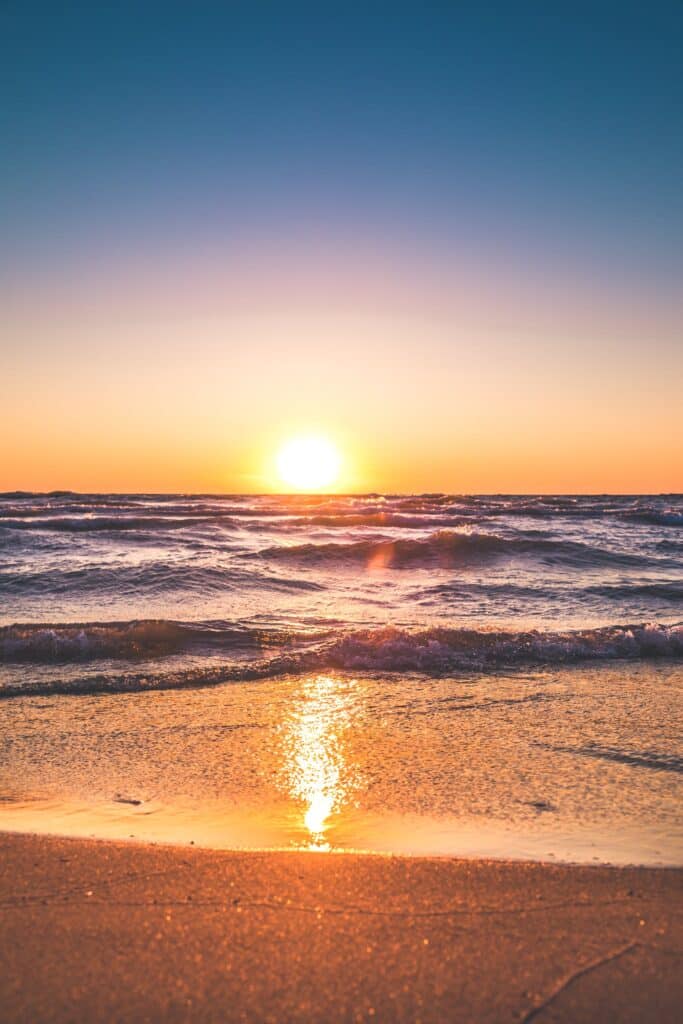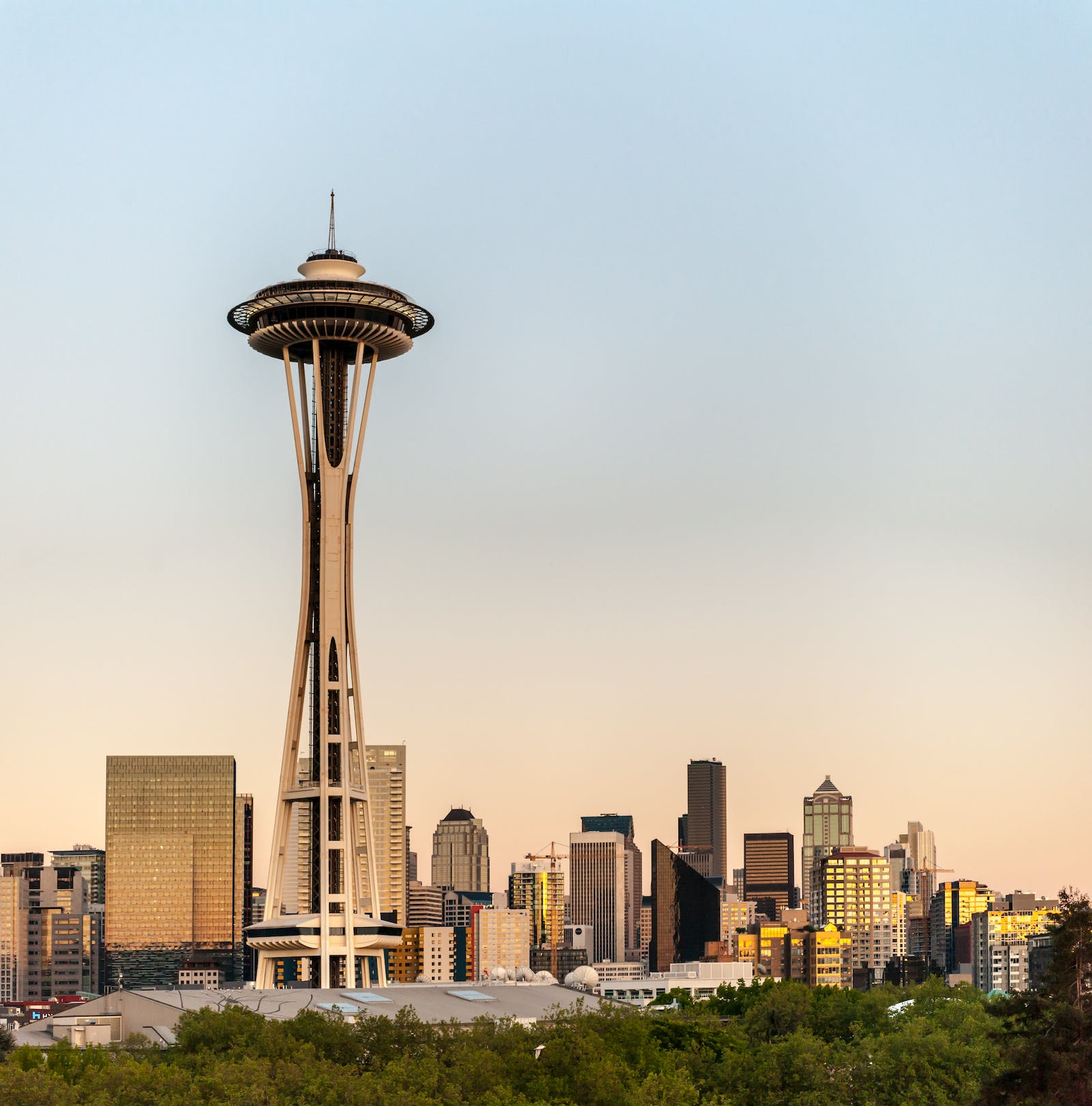The late-summer period offers a unique opportunity for medical students and foreign medical graduates to gain practical experience in the field. This hands-on experience, often referred to as a “late-summer clinical experience,” provides a real-world understanding of medical practices and procedures in the United States.
What is a Late-Summer Clinical Experience?
A late-summer clinical experience is a program that allows medical students and graduates to gain professional experience in a clinical setting. These programs often take place in the late summer, providing a unique learning experience that complements traditional medical education. They are designed to offer exposure to various aspects of healthcare, including patient care, medical procedures, and the workings of the U.S. healthcare system.
Benefits of a Late-Summer Clinical Experience
Participating in a late-summer clinical experience can offer numerous benefits. It provides a chance to apply theoretical knowledge in a practical setting, enhancing understanding and skills. It also offers an opportunity to network with professionals in the field, potentially opening doors for future career opportunities.
How to Apply for a Late-Summer Clinical Experience
The application process for a late-summer clinical experience typically involves submitting an application form, along with relevant documents, to the hosting institution. Some programs may require an ECFMG certification, particularly for foreign medical graduates. It’s advisable to check the specific requirements of each program and prepare accordingly.
Late-Summer Clinical Experience in Washington
Washington State, often referred to as the Evergreen State is home to several prestigious medical institutions that offer late-summer clinical experiences. These programs provide an opportunity to learn from some of the best minds in the field while experiencing the natural beauty of the Pacific Northwest.
Sharing Your Experience on Instagram
Social media platforms like Instagram can be a great way to share your late-summer clinical experience. Posting about your experiences, learnings, and even challenges can help you connect with other medical students and professionals around the world. Remember to use appropriate hashtags to increase the visibility of your posts.
Staying Informed via Email
Most late-summer clinical experience programs provide regular updates via email. Subscribing to these updates can help you stay informed about application deadlines, program details, and other relevant information.
The Role of the Brain in Medical Practice
A late-summer clinical experience can also provide a deeper understanding of various medical specialties, such as neurology. Understanding the brain’s anatomy and functions is crucial in many areas of medicine, and hands-on experience can significantly enhance this understanding.
Late-Summer Clinical Experience in Washington, D.C.
Washington, D.C., the U.S. capital, also offers several late-summer clinical experience programs. These programs provide an opportunity to learn in a diverse and dynamic environment, with access to some of the country’s top medical institutions.
Relaxing at the Beach After a Busy Day

After a busy day of learning and practicing, relaxing at the beach can be a great way to unwind. Whether you’re in Washington State with its beautiful Pacific coast or in Washington, D.C., close to the Atlantic Ocean, there’s always a beach nearby.
Staying Connected
Throughout your late-summer clinical experience, it’s important to stay connected with your peers, mentors, and family. Regular communication, whether through email, text messages, or social media, can help you share your experiences and learn from others.
Conclusion
A late-summer clinical experience is a valuable opportunity for medical students and graduates to gain practical experience, learn from professionals, and understand the U.S. healthcare system. Whether you choose to spend your summer in Washington State or Washington, D.C., the experience you gain will undoubtedly contribute to your professional growth.
Frequently Asked Questions
1. What is a late-summer clinical experience?
A late-summer clinical experience is a program that allows medical students and graduates to gain practical experience in a clinical setting during the late summer.
2. How can I apply for a late-summer clinical experience?
The application process typically involves submitting an application form and relevant documents to the hosting institution. Some programs may require an ECFMG certification.
3. Can I share my late-summer clinical experience on Instagram?
Yes, sharing your experiences on social media platforms like Instagram can help you connect with other medical students and professionals around the world.
4. How can I stay informed about late-summer clinical experience programs?
Most programs provide regular updates via email. Subscribing to these updates can help you stay informed about application deadlines, program details, and other relevant information.
5. Can I relax at the beach during my late-summer clinical experience?
Yes, after a busy day of learning and practicing, relaxing at the beach can be a great way to unwind. Whether you’re in Washington State or Washington, D.C., there’s always a beach nearby.
